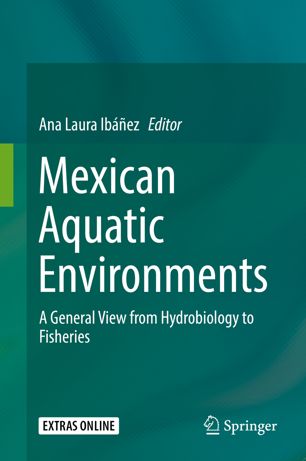

Most ebook files are in PDF format, so you can easily read them using various software such as Foxit Reader or directly on the Google Chrome browser.
Some ebook files are released by publishers in other formats such as .awz, .mobi, .epub, .fb2, etc. You may need to install specific software to read these formats on mobile/PC, such as Calibre.
Please read the tutorial at this link: https://ebookbell.com/faq
We offer FREE conversion to the popular formats you request; however, this may take some time. Therefore, right after payment, please email us, and we will try to provide the service as quickly as possible.
For some exceptional file formats or broken links (if any), please refrain from opening any disputes. Instead, email us first, and we will try to assist within a maximum of 6 hours.
EbookBell Team

5.0
78 reviewsPursuing a multidisciplinary approach, this book highlights current challenges in, and potential solutions to, environmental water management in Mexico. It includes an essential review of current literature and state of the art research, providing a one-stop resource for researchers, graduate students and environmental water managers alike. The result of a cooperation between 35 researchers from seven Mexican academic institutions, two Federal Commissions and one international organization, the book links science to practice for living organisms and their environment, while also addressing anthropogenic effects on our water ecosystems. Particularly the book addresses the following subjects: Biodiversity in inland waters, physical and chemical characterization of inland waters, physico-chemical characterization of Mexican coastal lagoons, microbiota in brackish ecosystems, diversity associated with southern Mexico’s pacific coral reefs, fry fish stockings in aquatic epicontinental systems, a review of tuna fisheries in Mexico, fishery resource management challenges stemming from climate change, aquatic invasive alien species, harmful algal blooms, and aquatic protected areas, related ecological and social problems and the importance for fisheries’ yield.